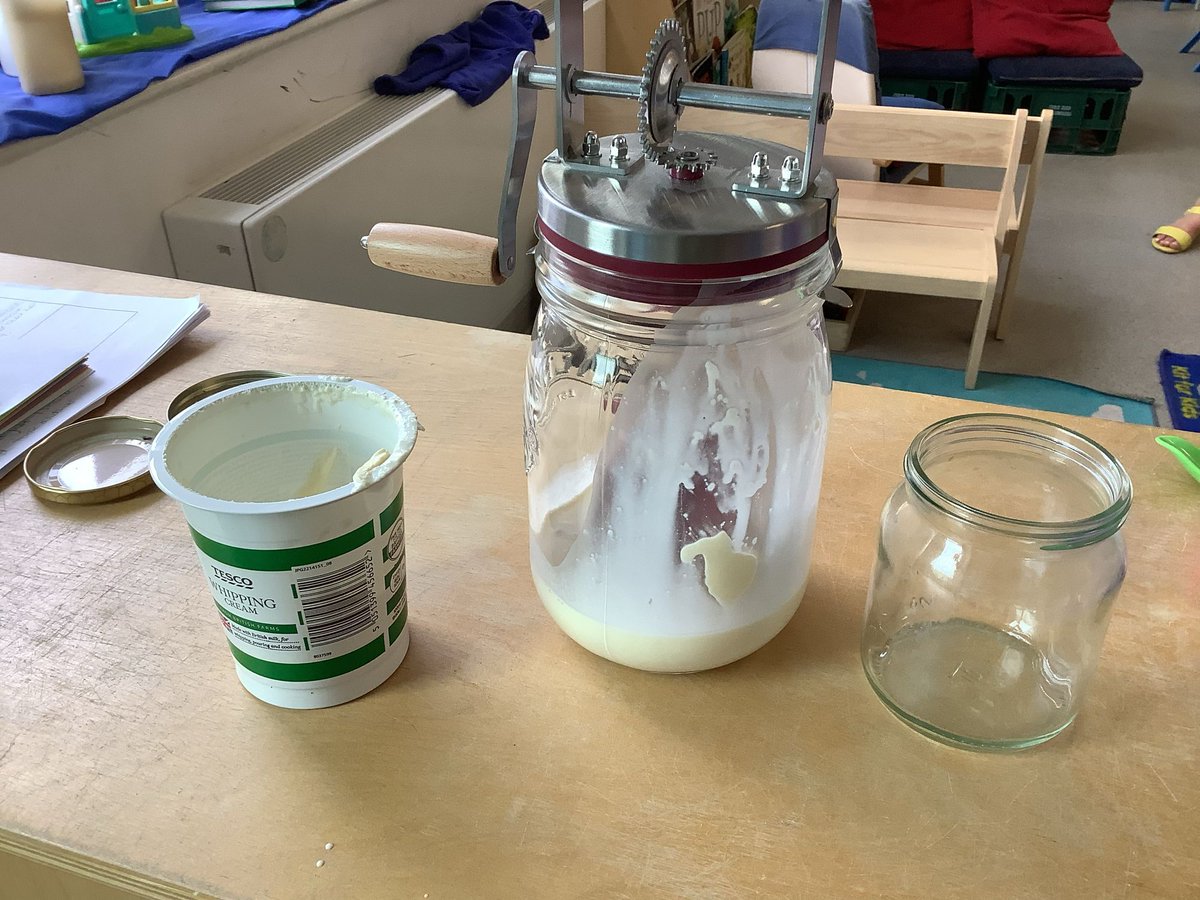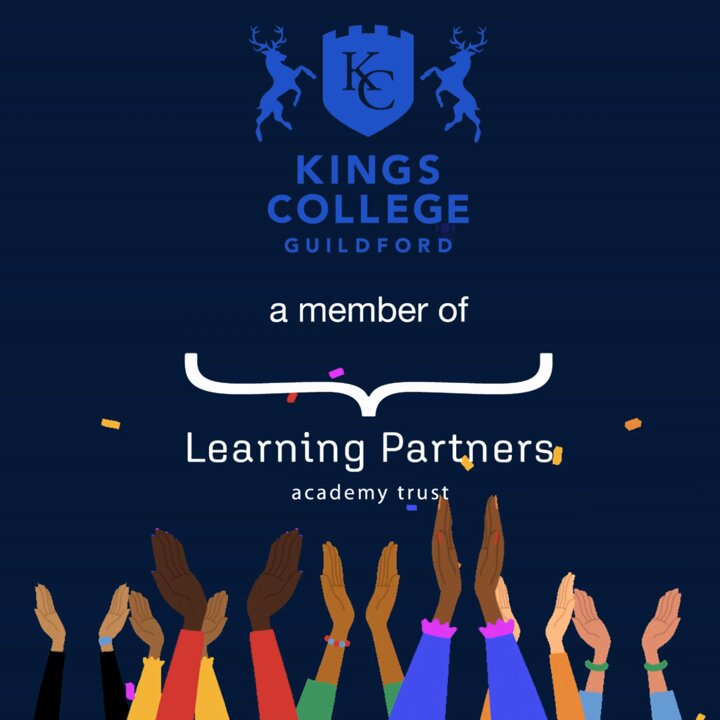The Latest News
Earthrise and a new way of leading teaching
16th November 2020
Just before second lockdown began, I met up – outside and appropriately distanced - with my friend Simon (Mr P). Together we have enjoyed a long, sometimes difficult but always unconditional friendship. And so we argue. Constantly and comfortably. One of our big ones is around the English language (He’s an actuary and I’m an English graduate so he has no right…at least, that’s what I tell him). He likes his English to be chiselled in stone, no changes and with rules (particularly the ones about the apostrophe and the splitting of infinitives and the things you had to write out lots of times at school) fiercely applied. “It’s fewer, not less!” The ossification of language.
From that last barb, you’ll understand that I don’t agree with my friend. Language, I believe, is about change. The change that took us from Chaucer to Shakespeare and beyond. 1990’s society needed something to describe an iteration of modern man, so “metrosexual” was coined: a brilliantly constructed portmanteau and no better or worse than the Bard’s melding of “lacklustre” and “madcap” 400 years before.
“OK, Mr P,” I say, in an attempt to win him over to my cause through his love of all things scientific. “What about Earthrise?”
His response is typically to the point but I give it another go.
“Earthrise,” I repeat. “Until we got to the moon, there was no such word. Then, we got there and looked back and saw what no-one had seen before. We had to find a word for it. So we called it Earthrise. Beautiful isn’t it? And only 50 years old.”
…Simon goes to the kitchen to pour us a beer and to re-arm…
I think that we now have the equivalent of Earthrise in our understanding of teaching. The problem is that because of a legacy that in part derives from accountability and inspection, judging and grading, we are sometimes struggling to adjust to a new perspective, a new language and a new way of leading teaching. It is a perspective that looks away from the performance of the teacher, and towards the impact of that teaching on the learning and progress of those they teach. So, for example, when we talk about teacher feedback, we focus on what the student does with that feedback and how this supports their understanding and future learning. And when we ask teachers to improve their planning, we give them the tools, the training and the opportunity to practise that enables them to achieve this improvement. The good news is, that the new Ofsted inspection framework endorses this new approach: it is also an approach that is well underway with our secondary leaders of teaching in the Trust.
So here are five interrelated questions around teaching and learning that I’m looking forward to working on with our Trust’s secondary leaders of teaching:
- How do our teachers portray curriculum content in a way that renders it comprehensible to young minds (so that our students know more and remember more)?
- How do they expose students’ understanding (and lack of understanding) and use this to guide their subsequent actions and those of their students?
- How do we ensure that our leadership of teaching supports themes 1 and 2?
- How can we ensure that these two themes can be developed to support any future remote learning?
- How do we gather evidence of impact – including for our disadvantaged and SEND cohorts? How do we use that evidence to shape our future priorities?
In a school I worked at recently, a history teacher had written on the classroom door an invitation to colleagues: “I’m working at the moment on how my questioning can sharpen my students’ understanding of the First World War and what it meant for the men who fought in it: please come in and give me feedback”.
Culturally, you may feel that your school is not yet ready for such an approach. In fact, it may sound hopelessly idealisitic.
But then, so was Earthrise before we got to the moon.
Graham Tuck, Director of Secondary Education Athena Schools Trust
Just before second lockdown began, I met up – outside and appropriately distanced - with my friend Simon (Mr P). Together we have enjoyed a long, sometimes difficult but always unconditional friendship. And so we argue. Constantly and comfortably. One of our big ones is around the English language (He’s an actuary and I’m an English graduate so he has no right…at least, that’s what I tell him). He likes his English to be chiselled in stone, no changes and with rules (particularly the ones about the apostrophe and the splitting of infinitives and the things you had to write out lots of times at school) fiercely applied. “It’s fewer, not less!” The ossification of language.
From that last barb, you’ll understand that I don’t agree with my friend. Language, I believe, is about change. The change that took us from Chaucer to Shakespeare and beyond. 1990’s society needed something to describe an iteration of modern man, so “metrosexual” was coined: a brilliantly constructed portmanteau and no better or worse than the Bard’s melding of “lacklustre” and “madcap” 400 years before.
“OK, Mr P,” I say, in an attempt to win him over to my cause through his love of all things scientific. “What about Earthrise?”
His response is typically to the point but I give it another go.
“Earthrise,” I repeat. “Until we got to the moon, there was no such word. Then, we got there and looked back and saw what no-one had seen before. We had to find a word for it. So we called it Earthrise. Beautiful isn’t it? And only 50 years old.”
…Simon goes to the kitchen to pour us a beer and to re-arm…
I think that we now have the equivalent of Earthrise in our understanding of teaching. The problem is that because of a legacy that in part derives from accountability and inspection, judging and grading, we are sometimes struggling to adjust to a new perspective, a new language and a new way of leading teaching. It is a perspective that looks away from the performance of the teacher, and towards the impact of that teaching on the learning and progress of those they teach. So, for example, when we talk about teacher feedback, we focus on what the student does with that feedback and how this supports their understanding and future learning. And when we ask teachers to improve their planning, we give them the tools, the training and the opportunity to practise that enables them to achieve this improvement. The good news is, that the new Ofsted inspection framework endorses this new approach: it is also an approach that is well underway with our secondary leaders of teaching in the Trust.
So here are five interrelated questions around teaching and learning that I’m looking forward to working on with our Trust’s secondary leaders of teaching:
- How do our teachers portray curriculum content in a way that renders it comprehensible to young minds (so that our students know more and remember more)?
- How do they expose students’ understanding (and lack of understanding) and use this to guide their subsequent actions and those of their students?
- How do we ensure that our leadership of teaching supports themes 1 and 2?
- How can we ensure that these two themes can be developed to support any future remote learning?
- How do we gather evidence of impact – including for our disadvantaged and SEND cohorts? How do we use that evidence to shape our future priorities?
In a school I worked at recently, a history teacher had written on the classroom door an invitation to colleagues: “I’m working at the moment on how my questioning can sharpen my students’ understanding of the First World War and what it meant for the men who fought in it: please come in and give me feedback”.
Culturally, you may feel that your school is not yet ready for such an approach. In fact, it may sound hopelessly idealisitic.
But then, so was Earthrise before we got to the moon.
Graham Tuck, Director of Secondary Education Athena Schools Trust











